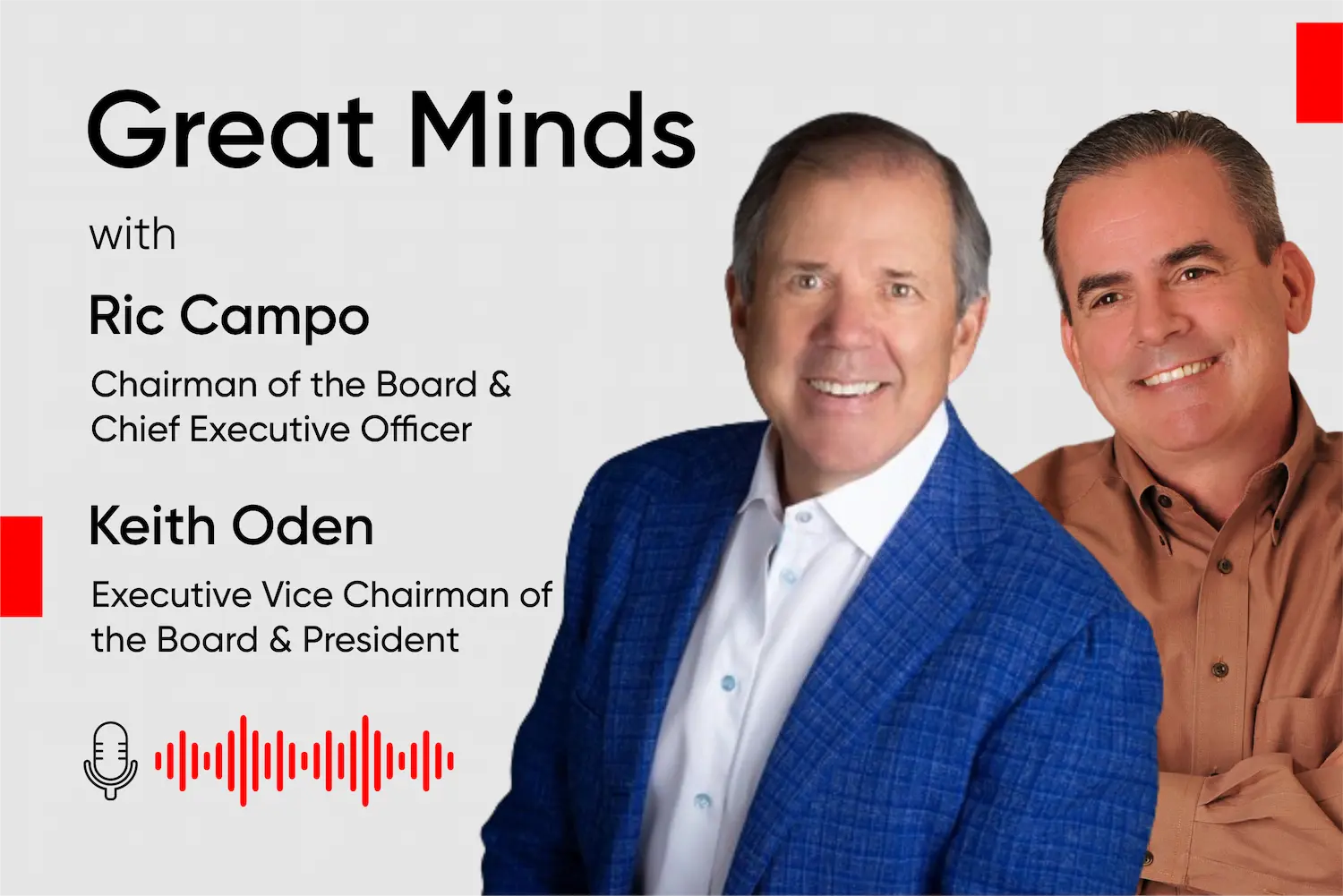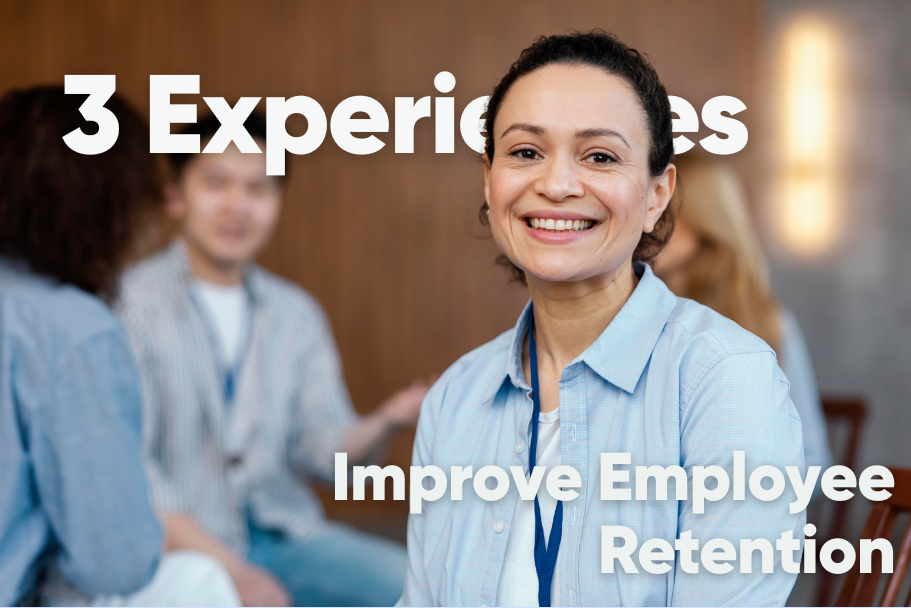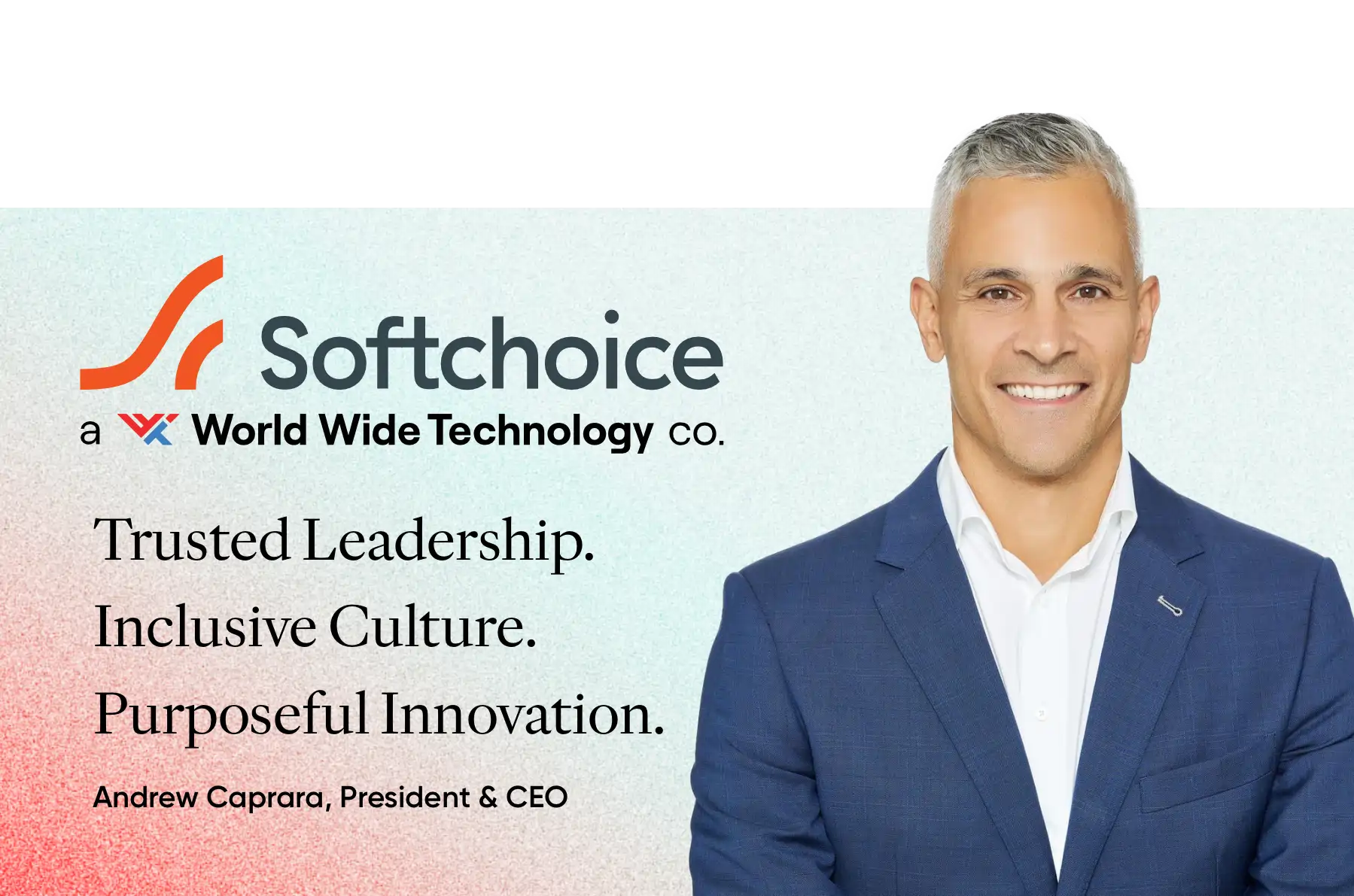"Caring and culture improves your bottom line, and we can prove it and we have proven it many, many times."
On this episode of the podcast, we delve into how and why Ric Campo and Keith Oden, CEO and President, respectively, of Camden Property Trust have made care a business imperative.
They discuss how prioritizing a culture of care has led to their company's success, which stands in stark contrast to their previous experience of working in a "pirate ship" culture, where competition and self-interest were rewarded.
They’ve proven that a caring culture leads to better performance as employees are more engaged, productive, and committed to the company's success.
They also discussed their approach to workplace flexibility in an industry where flexibility hasn't been the norm.
On how working in a “pirate ship” culture influenced their leadership philosophy when they started Camden:
Campo: Our company culture was what Keith and I coined a "pirate ship” culture, and there wasn't a lot of collaboration in that culture. On a pirate ship, the way you move up is either somebody gets killed in the battle or you kill them yourself, and then you move up into the pirate ship. The higher you go, the more you get to share in the treasure.
So we sat down and said, let's figure out how to create a company that we want to work for a long time and where people would want to work for a long time — a collegial, family oriented place.
We've had a few anti-mentors where we learned what not to do, and we modeled what we wanted to do based on what we knew they would never have done. We've had a few of those in our business career and they've sort of shaped our view of how you create a winning culture and team where people actually care about each other.
On how care impacts the bottom line:
Campo: It's an absolute prerequisite for outperforming competitors. And the reason is that when people care about what they're doing and they care about their job, they do better and they work harder and smarter.
You can say care, but care has to start as a leadership quality. You have to say, we care and we're going to show care every single day in everything we do and every decision we make is filtered through: Is it fair? Is it just? Is it reasonable?
If you take Camden's total rate of return on our stock price over the last 20 years, we're in the top quartile of our peer group. And that outperformance is because when it's snowing in Washington D.C. or Denver, I've got maintenance people digging people's cars out on off hours because they care. That drives resident satisfaction, that drives shareholder satisfaction through high return.
On enforcing care among leaders:
Oden: The tenure of our senior leadership is truly extraordinary — 90% of our senior VPs have been with the company for 18 or more years. If you go down to the next level, our VP level, 90% of our vice presidents have been with Camden for 13 years or more.
When you have that kind of tenure, it has to be a part of your journey because you cannot progress in this company otherwise. If you're a leasing consultant and you don't care, you're never going to become an assistant manager. If you're an assistant manager and you don't care, you're never going to be a community manager. It's sort of self-enforcing at almost every level of the organization.
On how the Great Place To Work Trust Index™ survey helped build culture after not making the 100 Best List initially:
Oden: We took that information, we went back to all of our folks and said, okay, here's the result — the good, bad, and the ugly. And based on the results of this survey, we're going to make these concrete changes to our current approaches, policies, and procedures.
It resonated in a way with our folks, not just the survey, but the fact that we returned and reported. We said, here are the results, here's where we need to improve. How can you help us in our journey to make this happen?
Fast forward — the survey results come back the next year, they go up exponentially across the board, and we debut on the list at No. 50 and the rest of it has been a refinement of that process.
On giving people flexible work options in an industry where employees historically have to be onsite:
Oden: One of the things that we were already headed down the trail on prior to COVID was how do we provide more opportunities for advancement at the site level. The business model hadn't changed much in 100 years in multifamily property management.
We were going down trails to solve this problem before COVID, and the solution ended up being creating entirely new roles that didn't exist before. We created 40 purely remote jobs. We also have, at the corporate office, about 30% who are 100% remote positions. The rest of our folks are hybrid, which I think is where a lot of people have landed.
Campo I was worried early on that the hybrid folks would get burned out or the fully remote people — because they're used to being onsite all the time and now they're remote — I was worried that we'd have higher turnover, but we've had lower turnover in those areas than we had with onsite positions.
The key is being intentional in making sure that you have events in and around where full-time remote people can go to get a taste of culture at an event that gives them a little shot of comradery.
Get Certified 
Think your company is a Great Workplace? Get certified today to make it onto our best workplaces lists.
Original Podcast Published by Great Place To Work® USA : Click here to visit the page.





